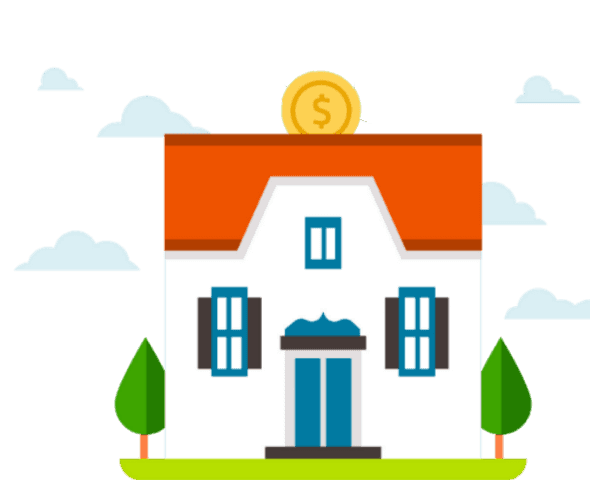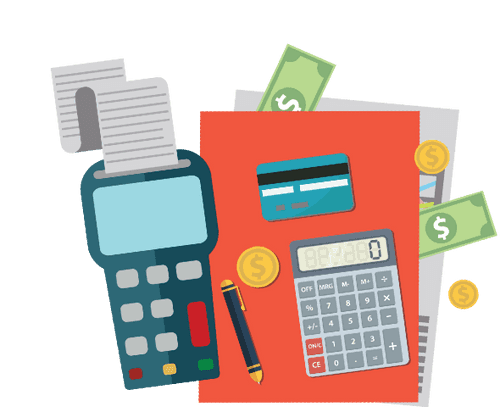If you're a first-time home buyer, wanting to purchase a home on your own – without a significant other, or the help of family members – here are three essential tips to help you achieve your goal of homeownership.
1. Build a Solid Savings Plan
How well you save will make or break your ability to purchase a home solo. Your savings plan goes beyond simply saving for a down payment and should include your ability to manage other expenses. While saving for a down payment, it is important to also consider closing costs, property taxes, maintenance, and the cost of furnishing your new home. Additionally, you would need CMHC home insurance if you make a down payment that is less than 20% of the purchase price.
You can begin building a solid savings plan by assessing your current spending habits, identifying where you can cut back, and then setting a realistic timeline to achieve your savings goal. It's always important to be realistic so you can stick to your budget. Consider opening a dedicated savings account for your home purchase to track your progress easily and avoid the temptation of dipping into these funds for other expenses.
It's always important to be realistic so you can stick to your budget.
2. Reduce Your Debts and Liabilities
If you're buying a home on your own, it's especially important to ensure your application is spotless. One way to do this is to ensure your debt-to-income ratio, which is the comparison of your monthly debt payments to your monthly gross income, is pleasing to the lender's eye. This is a significant factor lenders look at when reviewing your mortgage application and a key determinant as to whether you can qualify for a mortgage.
Before applying for a mortgage, clear your credit card debt and pay down loans, whether they're student loans, auto loans, or any other type of loan. This will help to improve your chances of approval and also put you in a strong financial position. Lower debt in combination with your savings plan can help you manage the expenses that come with owning a home.
clear your credit card debt and pay down loans
3. Get Pre-approved for a Mortgage
Understanding your home affordability is important, especially if you're buying a home on a single income. A mortgage pre-approval gives you insight into how much a bank or lending institution will let you borrow, as well as your estimated monthly payments. A pre-approval is valid for 120 days, however, it does not guarantee final approval. While it's not mandatory, a mortgage pre-approval offers several benefits and makes for a much more "stress-free" home search. It helps homebuyers establish a clear budget from the get-go and identify which neighbourhoods and areas they can afford to shop in.
If you do get pre-approved for a mortgage, it’s a good idea to avoid taking on any large purchases or additional debt before you're officially approved for a mortgage. Large purchases and debt can impact your debt-to-income ratio and credit score, potentially affecting your loan terms or your ability to qualify for a mortgage at all.
establish a clear budget from the get-go







